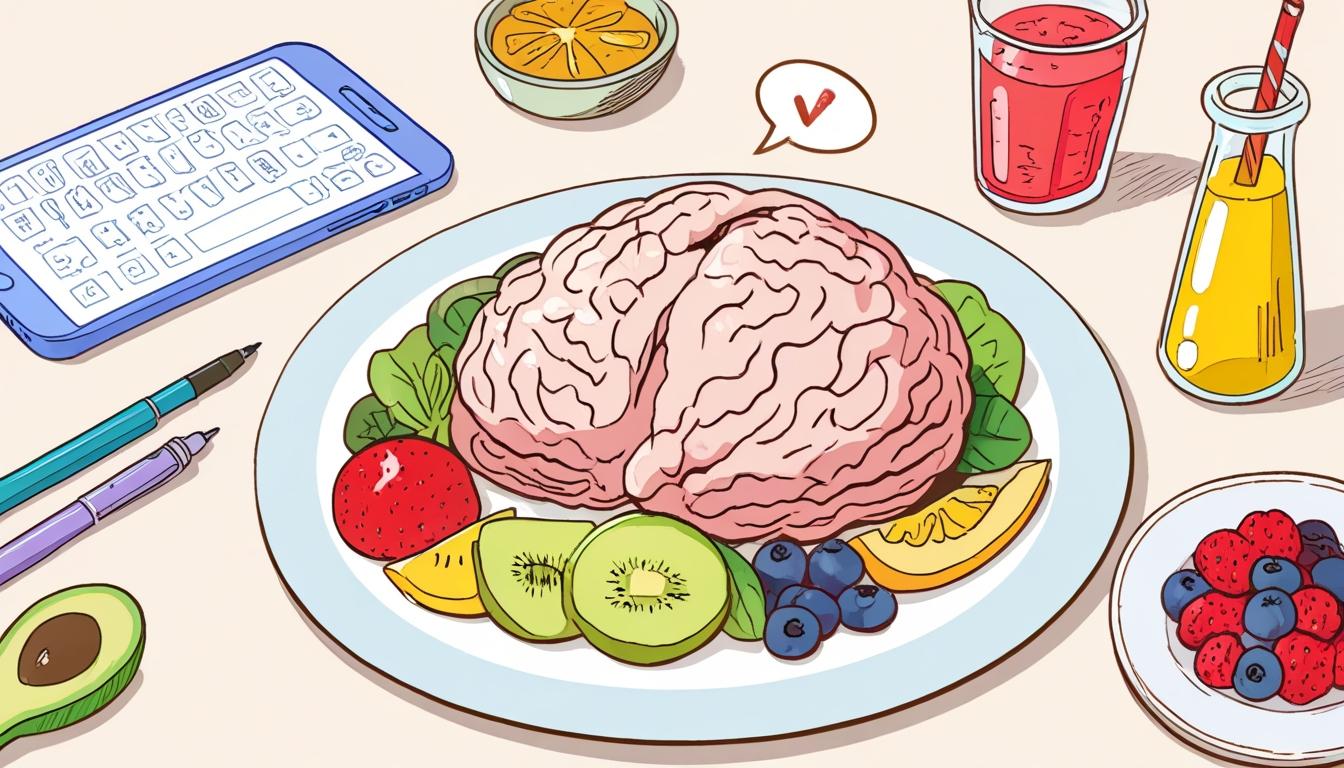A neuroscientist from Arizona has identified three everyday habits that could be detrimental to brain health, highlighting the importance not only of what we consume physically but also what we expose our minds to daily. Emily McDonald, who shares advice on brain wellbeing through her TikTok channel Em On The Brain, recently outlined three key behaviours she avoids to protect her brain function.
The first habit concerns the excessive use of screens, particularly checking phones immediately upon waking. McDonald explained that the content consumed during these first moments can significantly affect one’s mindset throughout the day and disrupt dopamine regulation, which in turn fuels a cycle of continual phone checking. This notion was supported by sleep consultant Rosey Davidson from Just Chill Baby Sleep, who noted that upon waking, the brain transitions through various wave states—from deeper sleep waves to beta waves associated with alertness. This transitional period renders the brain particularly relaxed and impressionable, making it vulnerable to the influence of early exposure to digital content. Additionally, Davidson noted that screen use late at night can impair sleep by reducing melatonin production, a hormone essential for good sleep quality. She recommended people develop a routine limiting screen exposure at least an hour before bedtime and suggested charging phones outside the bedroom to create a helpful barrier.
Secondly, McDonald emphasised the harm of negative self-talk. Persistent self-criticism does more than deepen perceived personal flaws; it may also exacerbate symptoms of depression. This is particularly significant given research linking depression and anxiety with heightened dementia risk, with around 4% of global dementia cases potentially associated with depression, according to Alzheimer’s Research UK. McDonald highlighted the impact of internal dialogue, stating: “What you say to yourself matters and the more you put that into your brain, the more it gets wired in. And what’s wired in is what we manifest.” Counsellor Georgina Sturmer from the South East echoed this view and urged people to take time each morning to reset mentally, practice kindness toward themselves, and reflect on their sense of purpose.
The third potential brain health hazard McDonald identified is consuming a poor diet, particularly high in processed foods. She noted the mounting scientific evidence linking diet directly to cognitive health and warned that heavily processed foods contribute to brain ageing. Helen Bell, a nutrition expert with the UK Care Guide, aligned with this advice, particularly stressing the importance of the first meal of the day in setting the tone for brain function. Bell advised against foods high in refined sugars and trans fats such as sugary cereals, pastries, and processed bars, which can cause blood sugar spikes and crashes that impair concentration. Instead, she recommended breakfasts rich in healthy fats, proteins, and complex carbohydrates—examples including avocado on whole-grain toast, Greek yoghurt with nuts and berries, or smoothies containing spinach, banana, and almond butter. Bell further suggested incorporating omega-3-rich foods like salmon, flaxseeds, and walnuts, along with antioxidant-rich fruits and vegetables such as blueberries, spinach, and broccoli throughout the day to support brain health.
Collectively, these insights draw attention to the intertwined nature of modern lifestyle habits and brain wellbeing, offered by experts drawing on neuroscience, sleep science, counselling, and nutrition.
Source: Noah Wire Services
